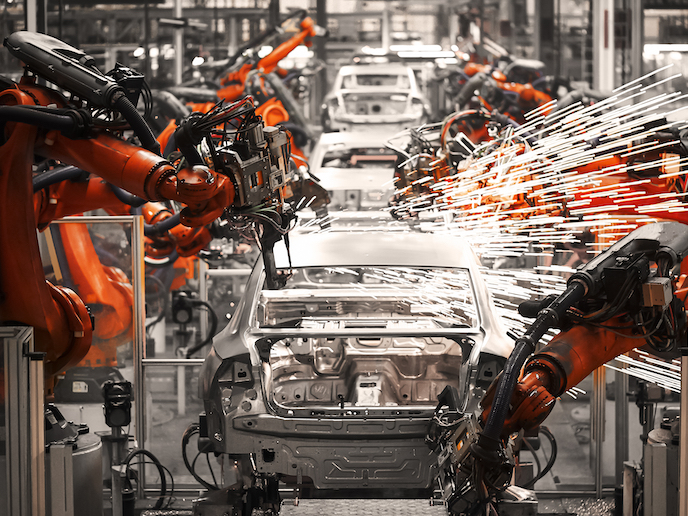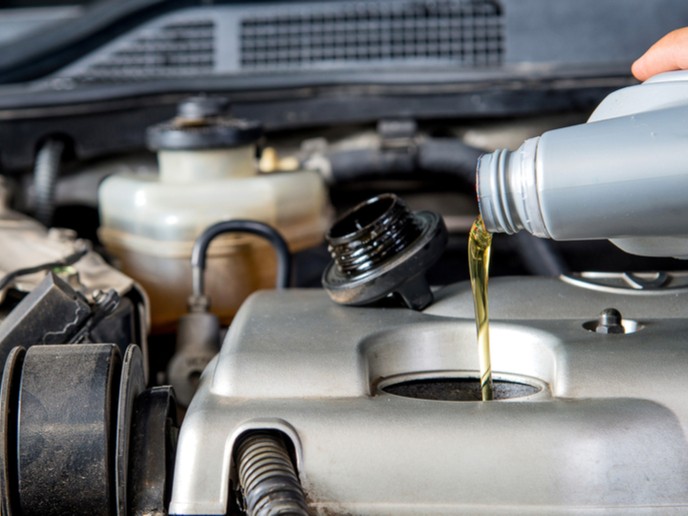Improving filtration systems through the power of attraction
Engineers based at the Siberian engineering school Tomsk Polytechnic University in Russia helped a fellow at the Delft University of Technology in the Netherlands develop a new magnetic filtration system that can cut costs by at least 20 %. The prototype was tested by the project MAGFIS by three European precision machining and metal works factories: DAF in the Netherlands, the Ford car engine plant in the UK and cutting machine manufacturer Schaudt in Germany. Magnetic rods are used instead of membranes to collect, remove and recycle metal particles from contaminated fluids or gas. “The system can dramatically reduce operational costs and improve the efficiency of existing filtration systems,” said Dr Maxim Kireitseu, filtration equipment manager at British garden and handtool manufacturers Spear and Jackson, who headed the research, with the support of the Marie Curie programme. He was supervised by Prof. Sergey Kharlamov, a mathematics professor from Tomsk Polytechnic. “In general, the cost savings can be 20 % or even higher, depending on the fluid and coolant costs and the machines involved,” he said. The system helps expensive tools and coolants last longer. If a factory had 10 cutting centres working 16 hours a day, 300-400 litres of coolant would be saved and several cutting tools a year. In some cases, the system would pay for itself in just six months. Tailor-made system The researchers also foresee environmental benefits, based on initial computer projections of the manufacturing process of hybrid metal-polymer materials using automated machines. “We expect the designed system to reduce CO2 emissions, landfill and other environmental factors associated with metal working operations,” said Dr Kireitseu. Dr Kireitseu was working for Spear and Jackson, which owns Eclipse Magnetics, when he came across Prof. Kharlamov’s calculations on heat, hydro, gas and magnetic dynamics in industrial lubrication systems. He realised they could pool their expertise to improve all sorts of filtration systems. Using state-of-the-art, mathematical modelling of turbulent flows (fluid motion), they studied how to apply different magnetic filters to manufacturing plants using different fluids, machines, filtration systems, heat or other factors. “No single plant or operation is the same,” said Dr Kireitseu. Eclipse Magnetics is now considering whether to implement the system commercially at its Sheffield factory and Goud Smith in the Netherlands. The team says further work needs to be carried out on the theoretical side and more expensive testing need to be completed by industrial partners. Based in Siberia, where temperatures can fall as low as 25 degrees, Prof. Kharlamov says the system is: “valuable to territories with adverse environmental conditions,” since making factories run well cuts down the need to transport parts for repair. “This project was a serious introduction to fundamental research in this field, guided by the requirements of customers, companies and the market,” said Prof. Kharlamov. “The collaboration between Delft and Tomsk was crucial for its success.”







